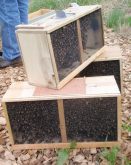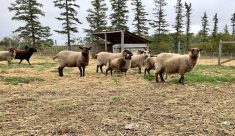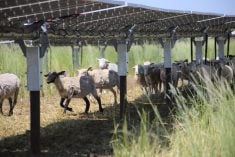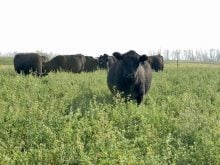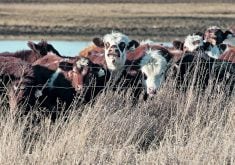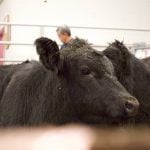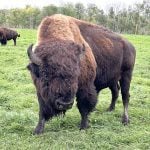london/reuters
New diets for cows and sheep could reduce their greenhouse gas emissions, research funded by the British government’s Department for Environment, Food and Rural Affairs (Defra) shows.
Feeding the animals maize silage, naked oats and higher-sugar grasses could reduce the amount of methane they produce, the study by Reading University and the Institute of Biological, Environmental and Rural Sciences showed.
Agriculture accounts for around nine per cent of all British greenhouse gas emissions. Most of this comes from sheep, cows and goats.
Read Also
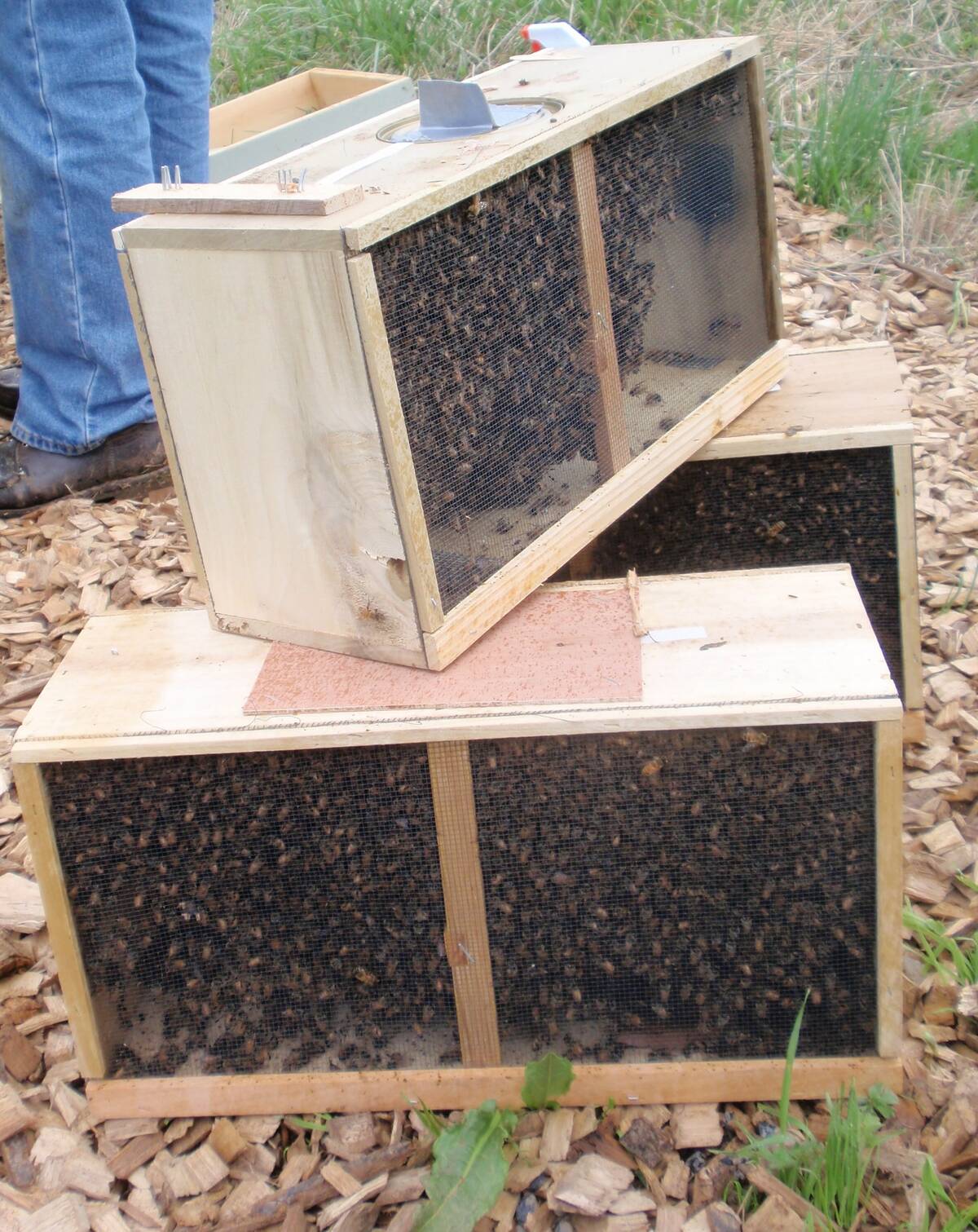
Canadian beekeepers call for regulatory accountability
Beekeepers say the Canadian Food Inspection Agency should restore U.S. packaged bee shipments, claiming the agency isn’t following evidence.
Farming accounts for 41 per cent of Britain’s overall methane emissions, which are harmful to the environment.
A trial showed that high-sugar grasses could reduce an animal’s methane emissions by 20 per cent for every kg of weight gain and naked oats could reduce methane emissions from sheep by 33 per cent.
“In the longer term, the benefits gained by changing animals’ diets will need to be considered against other environmental impacts as well as how practical or costly they are for the farming industry to implement,” Defra said in a statement.
Hormone-free beef moves into EU
A Canadian company has shipped 120 tonnes of hormone-free beef to the European Union since the EU granted Canada duty-free access, Canada’s agriculture minister said March 14.
Alberta-based Canada Gold Beef made the sales, worth $1.5 million, and shipments look to continue at the same pace, Agriculture Minister Gerry Ritz said in a press release.
Canada said in November that it had gained access to Europe for 20,000 tonnes of beef annually, with a further 3,200 tonnes to be added as compensation for the EU’s ban on beef from cattle treated with growth hormones.


